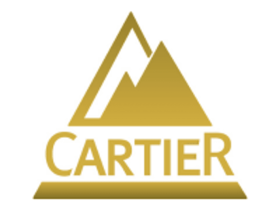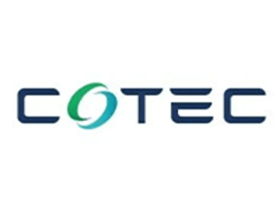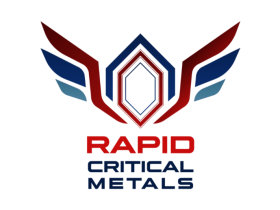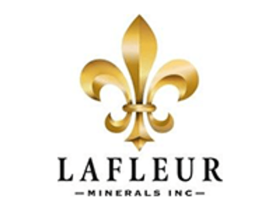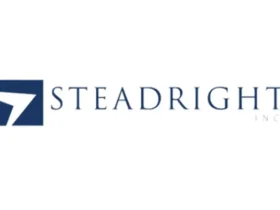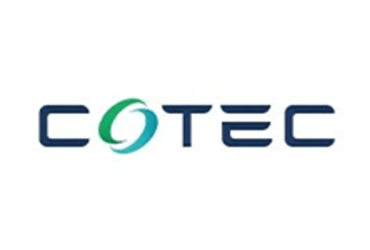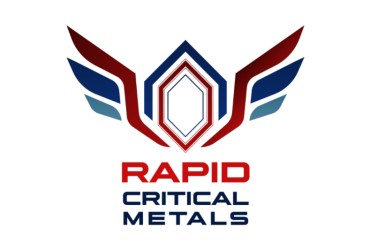With Canada’s energy and critical minerals sectors at a crossroads, Conservative Party leader Pierre Poilievre has unveiled a sweeping plan to overhaul the country’s resource project approvals process, fast tracking 10 major projects and pledging over US$1 billion in funding to open up Ontario’s mineral-rich Ring of Fire region.
At a Monday (April 7) press conference held in Terrace, BC, Poilievre introduced his “One-and-Done” policy — a streamlined permitting system aimed at eliminating regulatory bottlenecks and cutting multi-year wait times, which he blames for stalling development and weakening Canada’s global economic position.
Under the proposal, a new Rapid Resource Project Office would act as a centralized hub to manage all regulatory approvals across the federal and provincial levels. Each project would be subject to a single application and environmental review, with decisions promised within a year and a target of six months.
“After the Lost Liberal decade, Canada is poorer, weaker, and more dependent on the US than ever before, especially as a market for our natural resources,” Poilievre said in a release. “My ‘One-and-Done’ rule will quickly and safely unleash Canada’s natural resources by rapidly approving the projects Canadians need more of now: mines, roads, LNG terminals, hydro projects, and nuclear power stations, so we can stand on our own two feet and stand up to the Americans.’
LNG Canada, Ring of Fire projects top Conservative agenda
Among the most significant commitments is the LNG Canada Phase II expansion in Northern BC, which would double liquefied natural gas output from 14 million to 28 million metric tons annually.
The expansion has faced numerous delays due to emissions caps and concerns over power supply.
A Conservative government, Poilievre said, would repeal federal legislation he calls obstructive — notably Bill C-69, which he brands the “No Pipelines – No Development Law” — and lift the emissions cap that could impede Phase II.
Also at the top of Poilievre’s list is development of the Ring of Fire — a vast area in Northern Ontario rich in chromite, nickel, cobalt and other critical minerals essential for electric vehicles and defense technologies.
Three weeks ago, Poilievre pledged that a Conservative government would approve all federal permits for Ring of Fire projects within six months and commit C$1 billion over three years to build a long-awaited access road connecting mineral deposits and Indigenous communities to the provincial highway network.
“We could boost our economy with billions of dollars, allowing us to become less dependent on the Americans, while our allies overseas would no longer have to rely on Beijing for these metals, turning dollars for dictators into paychecks for our people,” Poilievre said at the time, emphasizing the importance of supply chain security.
He also said companies operating in the Ring of Fire would be allowed to redirect a portion of their federal corporate taxes directly to local Indigenous groups, a move he argues would foster economic reconciliation and local buy in.
Nine other projects slated for acceleration
In addition to LNG Canada Phase II and the Ring of Fire road, Poilievre named nine other projects that his government would prioritize for review and approval:
- Northern Road Link (Ontario): A key multi-use road to connect Ring of Fire deposits, under review since 2023.
- Sorel-Tracy port terminal (Québec): A new terminal in the St. Lawrence industrial corridor.
Each of these projects has faced lengthy delays under the current review framework, Poilievre said, and would be reviewed immediately to identify and remove administrative barriers.
Carney outlines ‘One Project, One Review’ agenda
At a campaign stop in Calgary, Alberta, Prime Minister and Liberal Party leader Mark Carney introduced the ‘One Project, One Review’ policy, which is intended to expedite approvals for major mining projects in Canada.
The initiative aims to eliminate redundant federal and provincial environmental assessments by recognizing provincial evaluations, thereby streamlining the permitting process. The policy is designed to accelerate the development of critical minerals, such as lithium, cobalt and nickel, which are essential for clean energy technologies.
By reducing regulatory delays, the government would seek to enhance Canada’s competitiveness in the global mining sector and support its transition to a sustainable energy future.
Carney told the crowd his goal is to make Canada an ‘energy superpower.’
“We are going to aggressively develop projects that are in the national interest in order to protect Canada’s energy security, diversify our trade, and enhance our long-term competitiveness — all while reducing emissions,” Carney explained in a written statement on Wednesday (April 9). “We can lead the energy transition while ensuring affordable energy at home and building the strongest economy in the G-7.”
He pledged to expand Canada’s critical mineral exploration tax credit to cover minerals used in defense, semiconductors, energy and cleantech. Carney also plans to broaden eligible exploration expenses to include technical studies and extend the clean manufacturing tax credit to support brownfield site development.
‘This is huge,” Pierre Gratton, CEO of the Mining Association of Canada, told Bloomberg. “It includes an awful lot of stuff that we’ve been advocating for for a while, and not getting.”
He added, “This could really help increase Canadian production of critical minerals in the short- to medium-term.”
Securities Disclosure: I, Giann Liguid, hold no direct investment interest in any company mentioned in this article.


